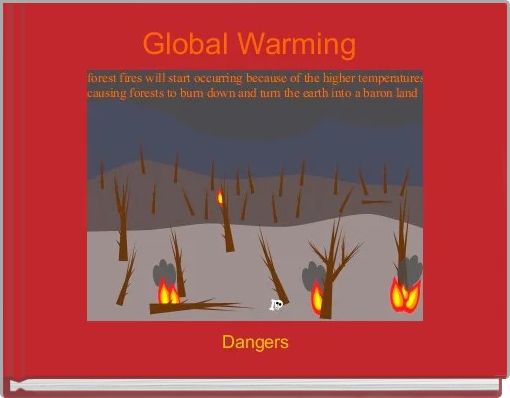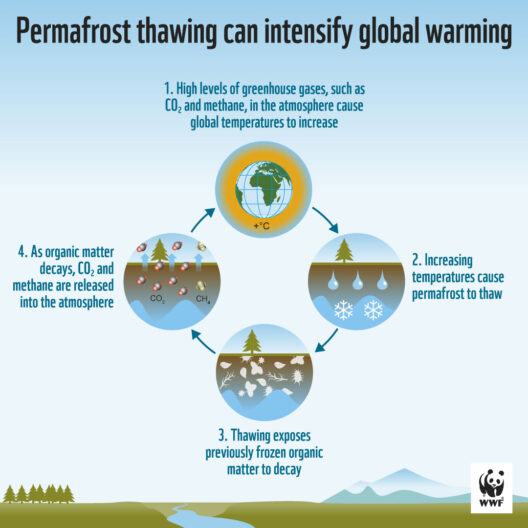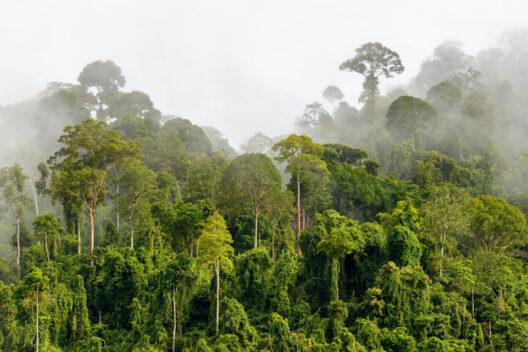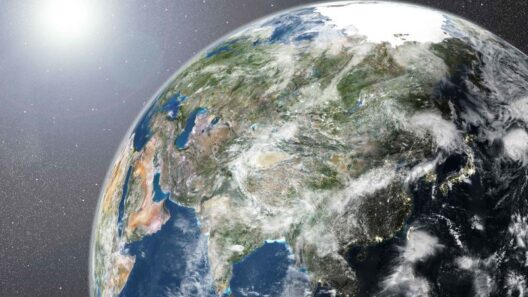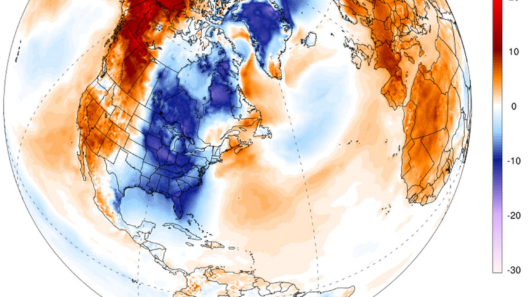Indonesia, an expansive archipelago standing at the confluence of diverse ecosystems, serves as a delicate fulcrum upon which the global climate balance precariously rests. This vast nation, replete with verdant rainforests, emerald seas, and a mosaic of cultures, is not merely a spectator in the arena of global climate change; rather, it plays a pivotal role in shaping the direction and implications of our planetary narrative on global warming. In understanding Indonesia’s role, one may liken its environment to a grand narrative, where each chapter contributes to the overarching tale of climate change.
The importance of Indonesia in this context can be attributed predominantly to its rich natural resources and biodiversity. Home to the world’s third-largest tropical forest, Indonesia’s forests act as significant carbon sinks, absorbing vast amounts of carbon dioxide from the atmosphere. They function as the lungs of the Earth, releasing oxygen while sequestering the very emissions that threaten our climate. However, deforestation—driven by agricultural expansion, logging, and mining—unravels this intricate tapestry. As trees fall, they relinquish their stored carbon back into the atmosphere, exacerbating the delicate condition of our planet.
Moreover, Indonesia’s archipelagic geography presents both challenges and opportunities in the fight against climate change. It is a nation comprising over 17,000 islands, which makes it uniquely vulnerable to rising sea levels. The threat of inundation looms large over coastal communities, as the rising tides encroach upon their land, threatening livelihoods and culture. Simultaneously, this vulnerability highlights the urgent need for sustainable practices and resilience strategies that can set a precedent for other nations grappling with similar challenges.
As the sun rises over Indonesia’s islands, the vast, biodiverse ecosystem comes alive. Coral reefs, often referred to as the “rainforests of the sea,” teem with life; they provide essential services, such as protecting coastlines from erosion and offering sustenance for countless communities. However, like the forests, these reefs are in peril due to climate change, primarily caused by rising sea temperatures and ocean acidification. This interconnectedness between land and marine ecosystems underscores a poignant metaphor: Indonesia’s fate is woven through the very fabric of our shared climate narrative. The health of its reefs mirrors the condition of its forests; both embody the precarious balance that is essential for sustaining life.
Continuing this metaphorical thread, the role of Indonesia extends beyond its borders. The nation not only contributes to carbon emissions through deforestation and industrial practices, but it also holds a position of influence in international climate dialogues. As one of the prominent members of the G20, Indonesia is at a strategic crossroads where both responsibility and opportunity converge. By adopting innovative policies and sustainable practices, Indonesia can lead by example on the global stage, demonstrating how emerging economies can transition toward low-carbon futures without sacrificing development. Its actions possess the potential to inspire other countries, showcasing that economic growth need not come at the expense of environmental stewardship.
In recent years, Indonesia has embarked on various initiatives aimed at mitigating climate change effects. The country has engaged in multilateral agreements focusing on emissions reduction and sustainability efforts. One notable example is Indonesia’s commitment to the Paris Agreement, wherein it pledged to decrease greenhouse gas emissions by 29% by 2030, with the possibility of increasing this target through international assistance. This commitment symbolizes a burgeoning recognition of the interconnectedness of global actions and climate outcomes, reinforcing the notion that every effort, no matter how small, ripples outward.
However, this journey is not without challenges. Balancing the needs of economic growth with environmental conservation presents a paradoxical tension. Many communities within Indonesia rely on agriculture and resource extraction for their livelihoods. Thus, the transition towards a more sustainable model may initially disrupt economic stability. This dilemma prompts a critical question: How do we ensure that the preceding chapters of this narrative do not lead to dire consequences in the future?
One answer lies in the development of community-based initiatives that empower local populations to engage in sustainable practices. Programs promoting agroforestry, sustainable fishing, and ecotourism can provide alternative livelihoods while simultaneously conserving Indonesia’s rich resources. In essence, the communities become stewards of their environment, writing a new chapter in Indonesia’s climate story—one that focuses on sustainability, resilience, and prosperity.
While Indonesia faces significant hurdles, the potential for innovation remains boundless. Investment in renewable energy, such as solar and geothermal sources, could transform Indonesia’s energy landscape. Currently, fossil fuels dominate the energy mix; however, a shift toward renewables would not only reduce emissions but also create jobs and stimulate economic growth. This transition is emblematic of a broader ideological shift, where progress need not equate with environmental degradation.
Ultimately, Indonesia’s role in the climate change saga serves as a microcosm of the global struggle against environmental degradation. Every tree planted, every coral reef restored, and every commitment upheld contributes to the collective narrative of hope and action against climate change. Indonesia, characterized by its cascading archipelago of islands, shimmering biodiversity, and resilient communities, encapsulates the resilience of nature itself. As the climate emergency unfurls its consequences, the actions and decisions made within Indonesia’s borders will echo through the pages of our shared future—reminding us that the climate story is not solely one of despair, but of resolve, responsibility, and, ultimately, renewal.



